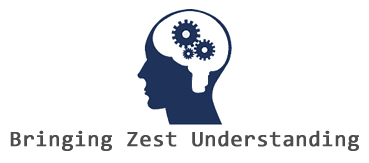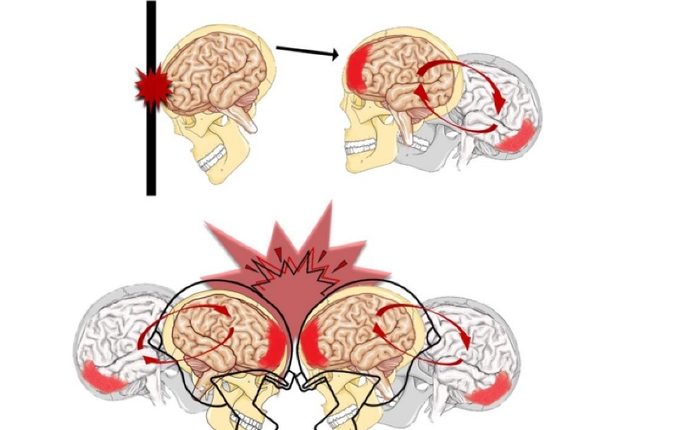How to recover from a concussion faster
Recovery from a concussion faster
Recovery from a concussion requires time and rest, and there is no quick fix for speeding up the process. However, there are certain steps and practices that may promote a smoother recovery and help manage symptoms. It’s important to note that any recommendations should be discussed with a healthcare professional, as each concussion is unique. Here are some general guidelines:
1. Rest and Gradual Return to Activity:
- Physical Rest:
- Initially, get plenty of physical and mental rest to allow the brain to heal. Avoid activities that worsen symptoms, such as strenuous exercise or activities that require intense concentration.
- Gradual Return to Activity:
- Once symptoms begin to improve, gradually reintroduce light physical and mental activities. This may include short walks or light household chores.
2. Manage Symptoms:
- Pain Management:
- Over-the-counter pain relievers may be used under the guidance of a healthcare professional to manage headaches or other pain symptoms.
- Sleep Hygiene:
- Ensure a regular sleep schedule and create a restful sleep environment. Adequate sleep is crucial for recovery.
- Hydration and Nutrition:
- Stay well-hydrated and maintain a balanced diet to support overall health.
3. Avoid Triggers:
- Reduce Screen Time:
- Limit screen time, especially for activities that involve a lot of visual and cognitive stimulation.
- Avoid Stimulants:
- Minimize or avoid the consumption of stimulants like caffeine, as they can exacerbate symptoms.
4. Cognitive Rest:
- Limit Mental Activities:
- Initially, limit activities that require significant mental effort, such as reading, working on a computer, or playing video games.
- Break Tasks into Smaller Steps:
- If engaging in mental activities, break tasks into smaller, manageable steps with breaks in between.
5. Follow Healthcare Provider’s Recommendations:
- Medical Follow-ups:
- Attend follow-up appointments with your healthcare provider to monitor your progress and receive guidance on when it’s safe to resume regular activities.
- Physical Therapy:
- In some cases, your healthcare provider may recommend physical therapy to address specific symptoms, such as balance or coordination issues.
6. Stay Hydrated and Nourished:
- Hydration:
- Ensure proper hydration, as dehydration can exacerbate symptoms.
- Balanced Diet:
- Consume a balanced diet with an emphasis on foods rich in antioxidants, omega-3 fatty acids, and other nutrients that support brain health.
7. Consider Stress Reduction Techniques:
- Relaxation Techniques:
- Practice stress reduction techniques such as deep breathing, meditation, or yoga, as stress can impact recovery.
8. Avoid Alcohol and Recreational Drugs:
- Substance Avoidance:
- Avoid alcohol and recreational drugs, as they can interfere with the healing process and worsen symptoms.
9. Gradual Return to Physical Activity:
- Consult Healthcare Provider:
- Before resuming physical activities, consult with your healthcare provider to determine when it’s safe to do so.
- Start Slowly:
- When approved, gradually reintroduce physical activities, starting with low-impact exercises and gradually increasing intensity.
It’s crucial to follow the guidance of healthcare professionals, as each concussion is unique, and the recovery process varies from person to person. If you suspect a concussion, seek medical attention promptly for an accurate diagnosis and appropriate management.

